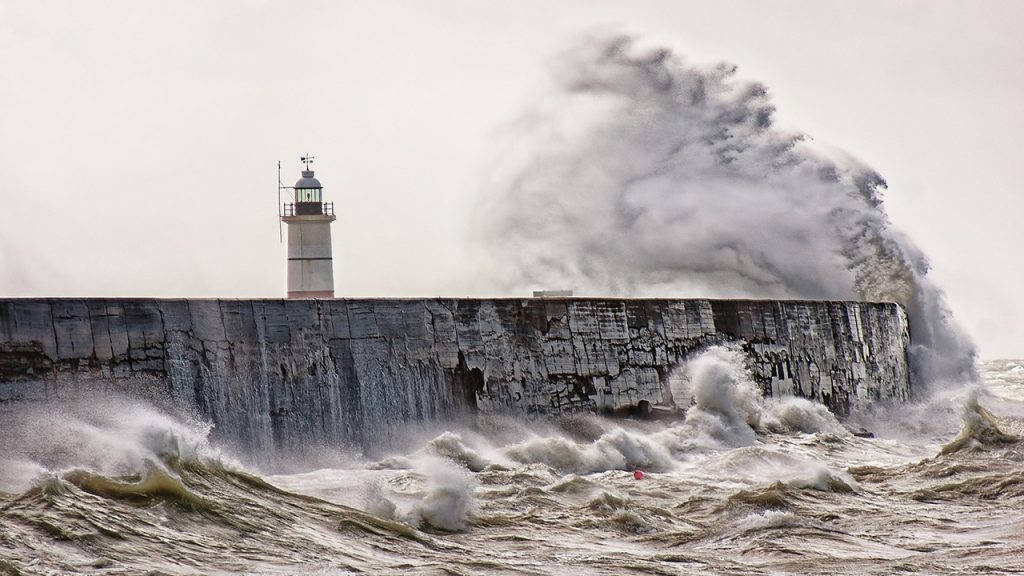
Next generation climate models could support greater ambition in mitigation and adaptation
In collaboration with over 120 scientists from 20 different countries, the National Centre for Atmospheric Science contributed to a series of briefings for policymakers on the biggest science and technology areas that are key for accelerating progress towards ‘net zero’ greenhouse gas emissions and increased resilience to climate change.
The Climate Change: Science and Solutions briefings, published by the Royal Society, outline 12 technology and climate research priorities for the next 30 years and set the scene for the UN Climate Change Conference (COP26) this November in Glasgow.
Professor Rowan Sutton at the National Centre for Atmospheric Science was a contributor to the Next-generation climate models briefing, part of the Royal Society series, which highlights the need for new investments and international collaboration.
Proposals for major international collaborations are being called for by world-leading scientists, such as the establishment of a “CERN for Climate Change”, modelled on the European particle physics lab, with ‘exascale’ supercomputers dedicated to climate and weather research and modelling of global significance.
Climate models are essential tools for providing the information required to enable people, governments and businesses to adapt and become more resilient in the face of ongoing rapid climate change.
But, we need better models of climate and climate impacts to provide the detailed information about current and future risks from hazards such as storms, heatwaves, flooding and drought on the local scales that matter most for decision making. This is a grand challenge problem and demands an entirely new level of international cooperation.
The National Centre for Atmospheric Science in partnership with the UK Met Office has long been an international leader in global high resolution climate modelling. A recent example is our joint leadership of the EU PRIMAVERA programme. We seek now to build on this strength, working with international partners, to achieve the new advances that are urgently needed to respond to the challenges of climate change.
This Royal Society briefing note is a call to arms to the climate science community and to public and private sector funders of research and development. The technologies are now available to deliver a step change in capabilities, and the opportunities must be seized.
Professor Rowan Sutton, Director of Climate at the National Centre for Atmospheric Science, based at the University of Reading.
